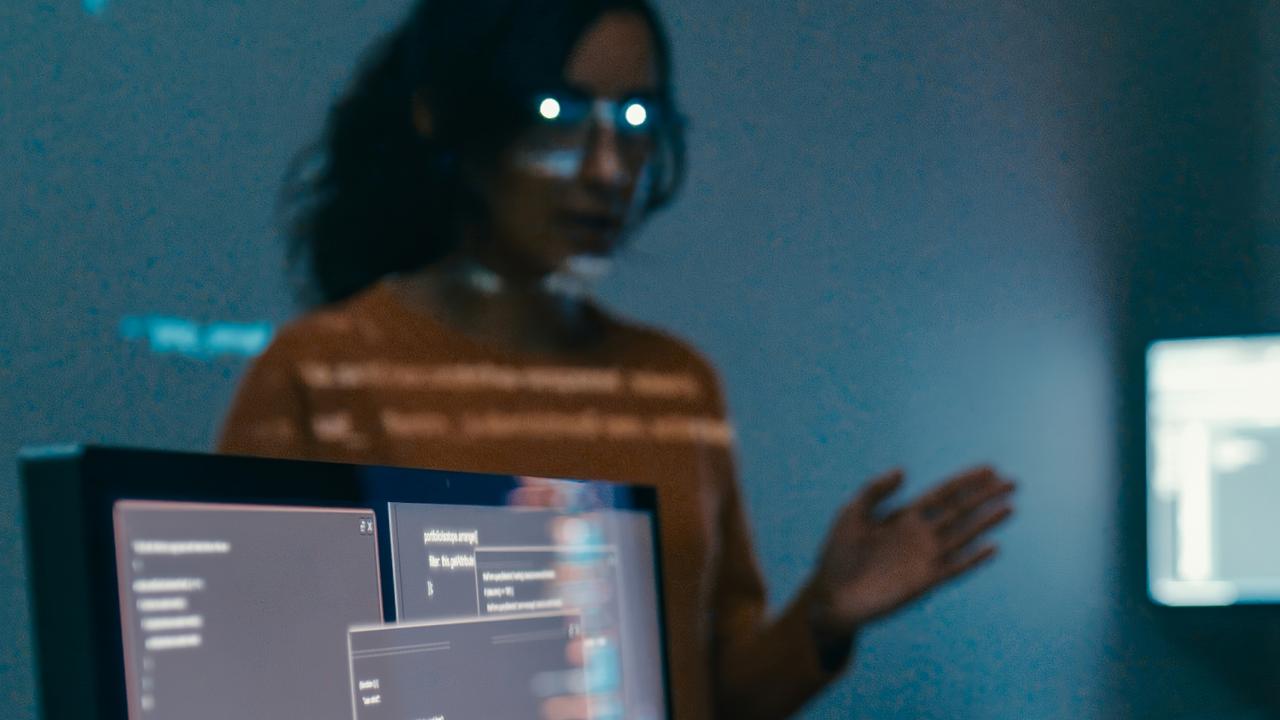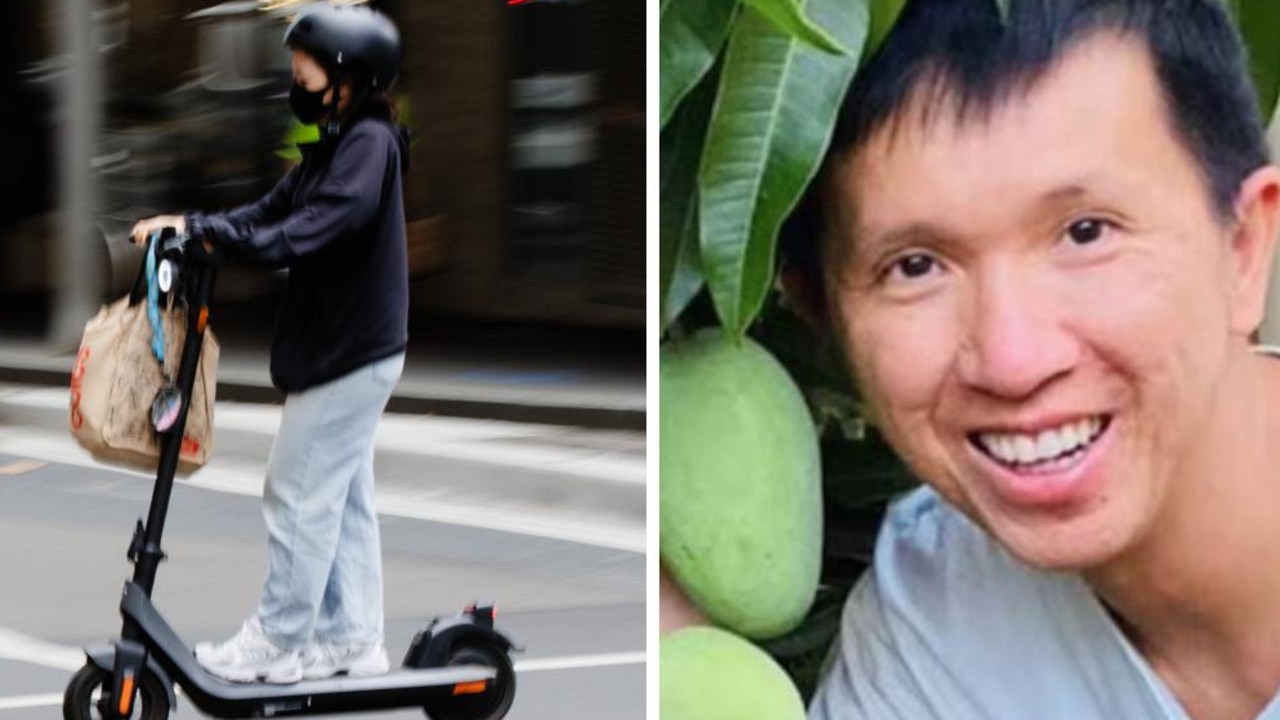5G an opportunity to turbocharge Australia’s smart cities
Australian cities are about to be shaken up in a way that will transform your way of life. Is your home town ready for big change?

Australian cities need to be “cleverer” in harnessing new technology or we risk falling behind global peers.
That’s the conclusion of one of Australia’s leading experts on the future of cities, who has told news.com.au “nowhere near enough” funding has been made available to make our cities and suburbs ready for the next wave of new technology.
The introduction of 5G could give Australia an edge – if only we can jump on the opportunity.
Professor Mark Burry is the director of the Smart Cities Research Institute at Melbourne’s Swinburne University.
Despite his institute’s name, he’s not actually a huge fan of the term “smart cities”.
“It’s a bit woolly,” he confided. “If you want to be specific I prefer to talk about ‘urban futures’ and that’s the technology-enabled changes that are going to make our lives easier and help us to consume less.”
It might sound like a brave new world but, in many respects, it’s already here.
“All the time there’s new tech happening around us. One minute we’re using a Myki card, then we’re paying to travel by swiping our phone. We’re using coins to pay for the parking metre, and then we’re using apps,” he said.
Your phone is already building the smart city. If you’re stuck in a jam, Google can tell the device is not getting from A to B as fast as it should, so it can highlight the traffic conditions on Google Maps.
RELATED: Everything you need to know about 5G
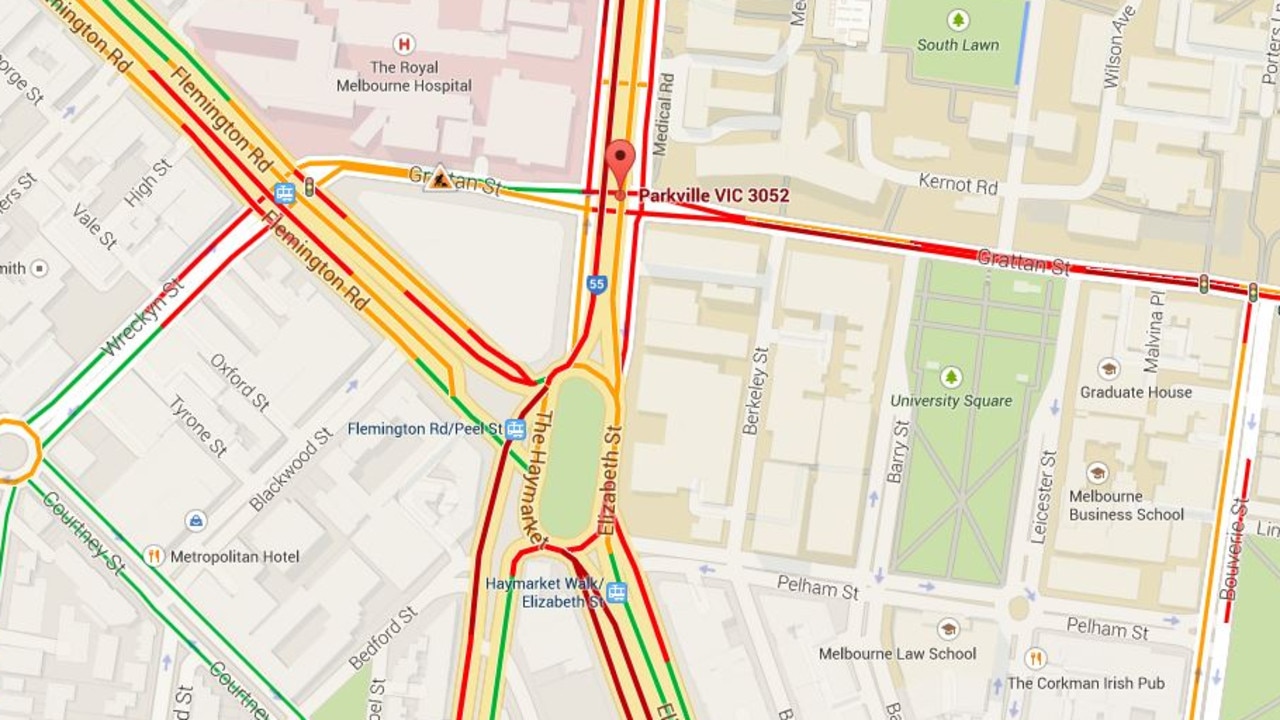
FIRST MUSIC, THEN MEDIA, NOW CITIES
The City of Melbourne, the council that covers the CBD and inner suburbs, is aiming to be one of Australia’s most tech savvy areas.
“Melbourne is an overwhelmingly smart city and it can be seen everywhere you look,” Deputy Lord Mayor Arron Wood told news.com.au.
He said cities were being “digitally disrupted”, just like the music, media and banking sectors already had been.
“If new technologies are leveraged in the right way we can help protect and enhance city liveability, sustainability and economic growth,” he said.
“We need to consider how we can leverage digital and data solutions to support the 40 per cent growth in our daytime population by 2036.”
Mr Wood pointed to the council’s 3700 solar LED light poles, 4300 in-ground parking sensors linked to apps to help motorists find parking spaces, and reams of open data that can be used by anyone for research, building and planning.
A number of other councils in Australia are also on the smart cities bus. The Federal Government has kicked in $50 million shared among multiple councils as part of its smart cities and suburbs program and millions more as part of city deals for other local government areas.
In Launceston, traffic will soon be monitored in real time with lights that can change depending on the road conditions.
Sunshine Coast Council is building a $500 million new city centre in Maroochydore that will have a fibre optic network built into it. Melbourne style parking apps and smart signage that gives pedestrians travel information are also planned.
RELATED: Mobile data problem finally solved
RELATED: Suburbs turning their backs on the NBN
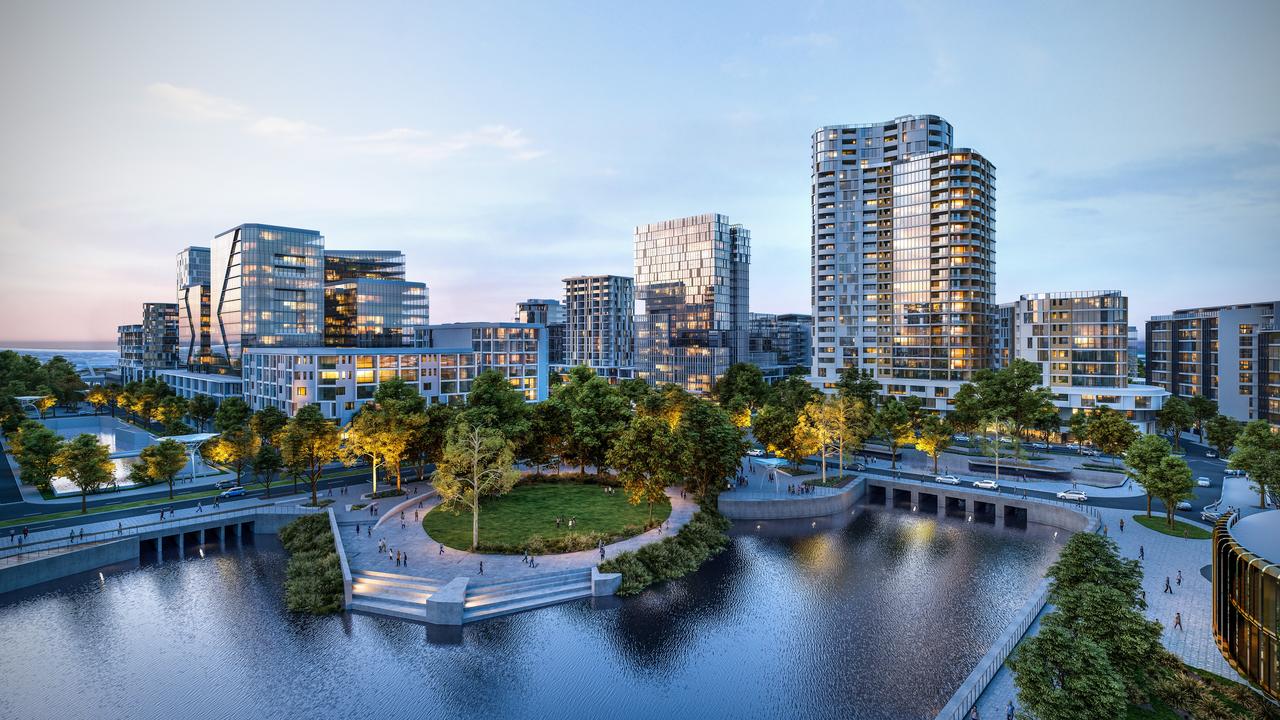
Prof Burry welcomed the Canberra cash, but said despite Australia seeing itself as a country where smart cities were being actively pursued, it was still early days.
“In Australia we need to be cleverer in the way we use technology. The funding is going towards grassroots good ideas, but I don’t sense real leadership that avoids repetition and wheels being reinvented,” he said.
“There’s nowhere near enough funding that has been committed to date.”
He said Australia should be looking to Barcelona. The Spanish city is creating “superblocks”, streets closed to most traffic to make them more resident friendly.
To get buy-in from locals right from the get-go, authorities created an app where they could suggest where new trees and bars should go and where the benches and play equipment should be placed.
“The challenge we have in Australia is we try and prove smart cities initiatives work after they have been put in place, when we have to get citizens on board first.”

JUMP ON 5G WAVE
The way Australia was governed was also a roadblock to making new technology more useful for residents. The City of Melbourne might be making smart city strides, but its just one of many councils that covers Melbourne as a whole.
“It’s hard to suggest you’re a smart city when you’re not one but 32 cities,” Prof Burry said.
“Why don’t we have a single parking app that covers all of Melbourne? Why can’t we use Myki to pay for parking? Why do we use Myki cards at all when we could all be using our phones?”
There was a window of opportunity, he said, with the fast rollout of 5G technology in Australia.
Melbourne is a 5G testbed LGA with trials and community engagement of the new generation tech commencing this year. The next step beyond 4G, it is the fifth generation of mobile technology.
“The benefits of 5G include significantly increased data speed, better coverage, better connection and more devices able to use the network at the one time,” Lord Mayor Wood said.
“5G networks are important in preparing Melbourne for future technologies such as telehealth, intelligent transport systems and smart energy systems. This may help us to deliver remote health services, improve transport safety and reduce congestion and emissions.”
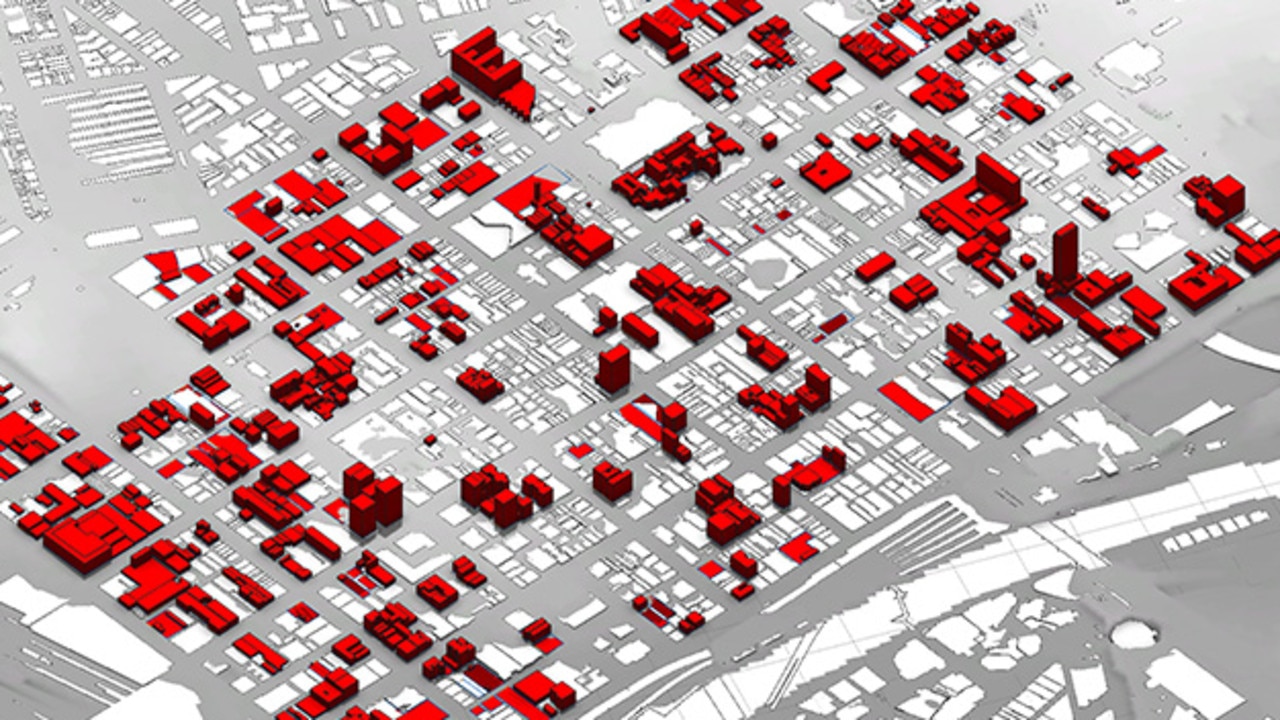
Prof Burry said there could be subtler improvements with 5G.
“We could have sensors by plants and trees that will know when public gardens needed to be watered,” he said.
“Weather data could be locally sourced from each phone so you can be very specific about rain showers and where they are heading. That could be a no-brainer for taxi firms that could send vehicles to an area where they will know it will rain in half an hour.”
At Swinburne, Prof Murray is working with academics at the University of NSW, the University of Queensland, Monash and Curtin on a project called iHub. At its heart is a “digital wall” where residents, planners, architects could upload photos and plans for a particular project into a common space that could accessed remotely or in work hubs.
He said “visual language is the common language” and that 5G would provide the technological oomph to allow images and plans that are data heavy, to be shared around in the blink of an eye.
“We want to be able to share the smarts across the city.”


